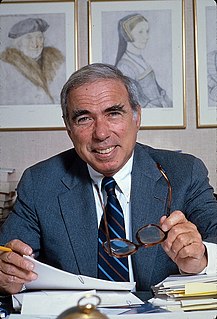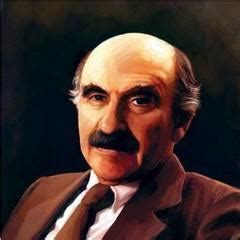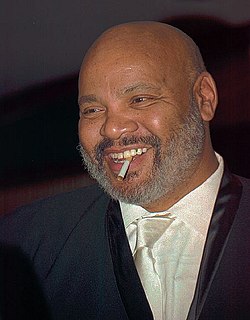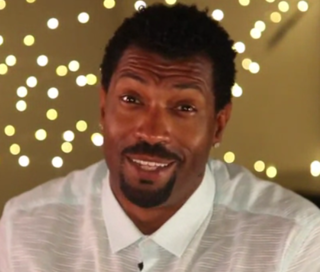A Quote by William Feather
Success seems to be largely a matter of hanging on after others have let go.
Related Quotes
One of the capabilities, which seems to be the most difficult for aspiring leaders to maste is realistic optimism. It requires one to recognize that our experience of life is largely up to us, that our situations, good or bad, are largely due to our ability on a moment-to-moment basis to capitalize on opportunity. Those that approach life as if it is largely outside of their own control, or that others are largely to blame for their circumstances, generally find growth elusive.
Of course, here's the weird part. After I fought my dad, all of a sudden we're buddies now. Like he's my friend now, we start hanging out. But we're still the same people. So we'd go out on Sunday, you know, and just be hanging out, then he'd, like, pick a guy, and we'd just go beat the crap out of that guy as a team. Memories, huh?
At the beginning of the book [The Dissemblers], Ivy [Wilkes] has a long way to go in order to achieve self-sufficiency. Although she is very independent, even somewhat of a loner, she is very affected by other peoples' opinions. At the opening of the book, her ideas of success and achievement are largely defined by the approval of others; over the arc of the story, I think that begins to change a little.
No matter all of your credits and accomplishments - you can be forgotten in a trice. The idea that you have to go back and start again after considerable success can destroy you if you're not strong. I never lost track of who I am and what I can do, because I continually find things to do, but not everyone has that resource.



































